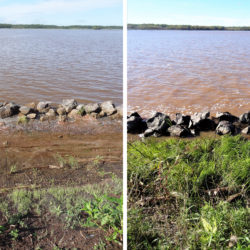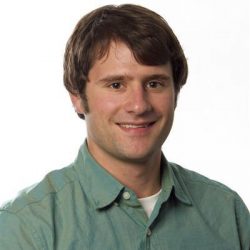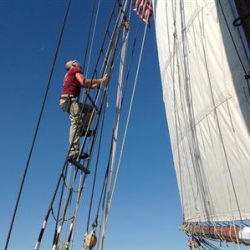Groundwater Issues Headline River Talk Series
The Lake Superior National Estuarine Research Reserve and the Minnesota and Wisconsin Sea Grant programs are starting the sixth year of science café-type evening talks about the St. Louis River Estuary in October. The talk, “Shedding Light on Groundwater,” is scheduled for Wednesday, Oct. 24, 7 p.m. at the Estuarium (3 Marina Drive, Superior, Wis.). The speaker is Kelsey Prihoda, a researcher with the Lake Superior Research Institute at the University of Wisconsin-Superior.





